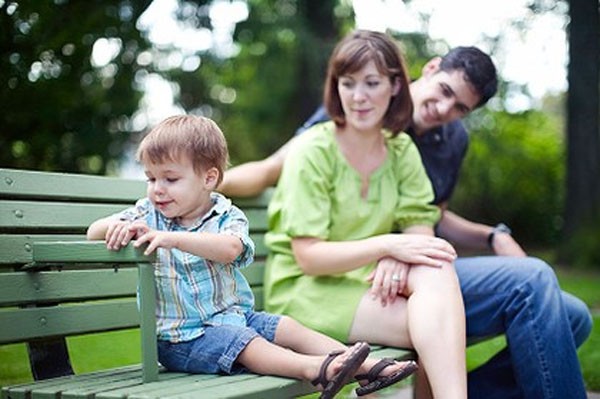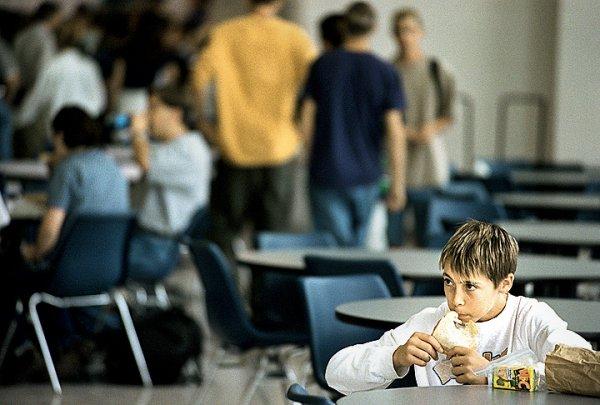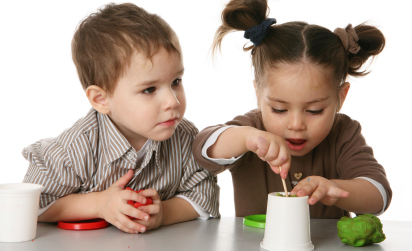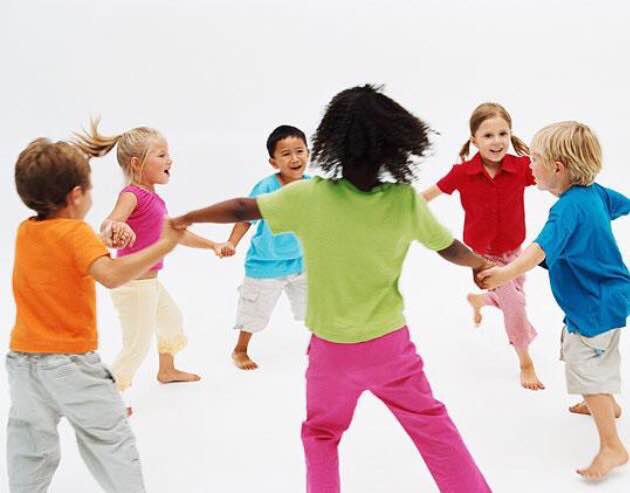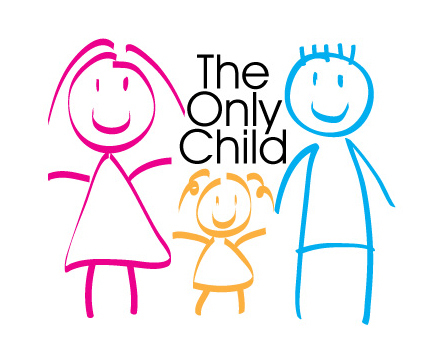Only Children Not So Lonely
Those without siblings may not lack social skills after all.
It is a widely held stereotype that children who grow up without brothers or sisters may be 'oddballs' or 'misfits'. But new research undermines that notion — suggesting that any deficiency that does exist in only children's social skills when they are young has disappeared by their teens. The results of the new study also put social-science research under the spotlight. Just what is the right methodology to study such an emotive topic? And how are parents supposed to make head or tail of the conflicting messages they get from such studies?
It has long been established that only children tend to have greater cognitive ability than those with many siblings, but some researchers have regarded that as counterbalanced by weaker social skills — which could potentially pose a problem for only children as they mature. Some of the most persuasive evidence for that view up till now comes from a 2004 study of more than 20,000 kindergarten children in the United States, which showed that teachers rated only children as having poorer social skills than their peers who had at least one sibling — reporting less self-control, fewer interpersonal skills and more behavioural problems1. To study the phenomenon into adolescence, sociologists Donna Bobbitt-Zeher and Douglas Downey from Ohio State University in Columbus drew on existing data from the US National Longitudinal Study of Adolescent Health. At the annual meeting of the American Sociological Association in Atlanta this week, they presented an analysis of responses of 13,466 middle- and high-school students from grades 7-12 who were asked to select five friends from among the students at their school. The researchers found that children without siblings are just as likely to be selected as friends by their classmates as those who grew up with brothers and sisters. "In every combination we tested, siblings had no impact on how popular a student was among peers," says Bobbitt-Zeher. "I don't think anyone has to be concerned that if you don't have siblings, you won't learn the social skills you need to get along with other students in high school."
Mixed messages? But the differing results from the two studies raise a number of questions. The adolescent study relies on peer nominations of friendship to assess social skills, whereas the 2004 study — also carried out by Downey — asked teachers to rate the children's social skills. Are the only children becoming more socially aware as they mature and spend time among their peers? Or are the different results simply due to the two different evaluation methods? The answer, says Downey, is the former, and in evidence he cites a follow-up analysis of the kindergarten children, which he plans to publish soon. On reaching fifth grade, the social skills of the 2004 cohort were again assessed by their teachers — and revealed the same result as the adolescent study based on friendship: there was no difference in social skills between those with and without siblings. "That the disadvantage of lacking siblings is not there in fifth grade using the same measure gives us more confidence that, while there is a non-trivial difference in the way we are measuring social skills, the story is really about the children's age," says Downey.
"In 2004 I would have said 'we are seeing modest evidence that there might be some social-skills deficits among only children and we don't know what happens to those later on in life' ... Now I would say 'it looks like the original deficit that we saw in kindergarten doesn't bear out for very long and is overcome probably through greater peer interaction." Guang Guo, a sociologist at the University of North Carolina in Chapel Hill, is familiar with the data set used in the adolescent study. He describes the new findings as "reasonable" and agrees there is "not necessarily" a conflict with the earlier studies. "People adapt to situations and that is not surprising," he says.
Downey also denies that the differing results present conflicting messages to parents. "We follow the evidence where it takes us, and are evaluating this as carefully as we can. The 2004 study is one of the few to find something that suggested 'hey maybe there is a little something going on with only children'. And now the evidence is leading more back towards what the general consensus is amongst sociologists." He adds that when he and his colleagues found the small deficit in socialization among the kindergarten children, they didn't recommended that parents have a second child to "improve their first child's social skills". "The differences just weren't large enough for parents to make fertility decisions based on them," he says.
Written By Zoë Corbyn Retrieved From: http://www.nature.com/news/2010/100816/full/news.2010.413.html References Downey, D. B. & Condron, D. J. Marriage Family 66, 333-350 (2004).
|
|





